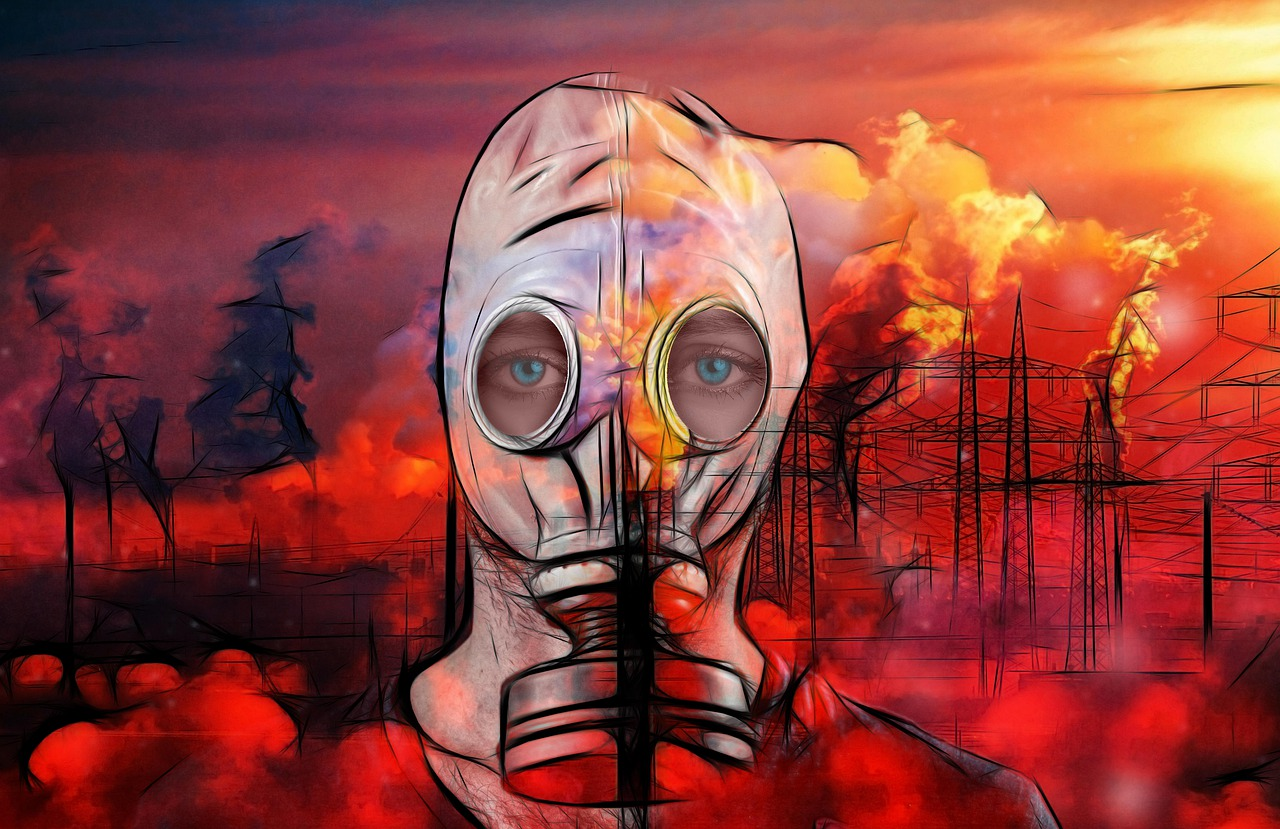The implications of climate change for the professional practice of the police
Policing in general, and the work of the police as primary policing actor in particular, have continuously been affected by ever-changing social, cultural, political, economic, and ecological developments.
Centre of Expertise Global and Inclusive Learning

Policing in general, and the work of the police as primary policing actor in particular, have continuously been affected by ever-changing social, cultural, political, economic, and ecological developments. As the most significant challenge facing humankind, climate change is now considered more than just an environmental issue, with far-reaching effects for society at large. Although it is not yet clear how it directly impacts the policing and the police, emerging discussions indicate that the disruptive effects of climate change will spill over into society, threatening stability and order. Nonetheless, the topic of climate change does not appear to have been mainstreamed in police planning, strategies, and daily work.
A wide range of challenges will confront the police worldwide in the years to come, some of which already have started becoming evident. Because it is difficult to determine whether climate change causes or amplifies these challenges, it is necessary to continue exploring the ways in which the phenomenon is linked with different types and levels of change – from broader structural changes to those felt immediately on the ground. This can help determine which of these changes are affecting policing and the police, respectively, and in what ways.
In the article published this month in Policing: A Journal of Policy and Practice, Anna Matczak and Sylvia I. Bergh conceptualise how climate change is already most likely impacting the professional practice in the Netherlands and elsewhere. In so doing, they map out the contours of potential challenges for the police. While overlapping and with blurred boundaries, these challenges, with varying degrees of intensity, are observable at three main levels: the societal level, organizational level, and individual level. The levels cannot be separated neatly in practice, but they are used in the article as a structuring device to illustrate how dynamics on one level impact on the others.
Research output
Matczak, A. & Bergh, S. I. (2023). A review of the (potential) implications of climate change for policing practice worldwide. Policing: A Journal of Policy and Practice, 17.
Study Programme THUAS
Safety and Security Management Studies
Duration
August 2022 – onwards
Contact
Dr. Anna Matczak [email protected] & Dr. Sylvia I. Bergh [email protected]